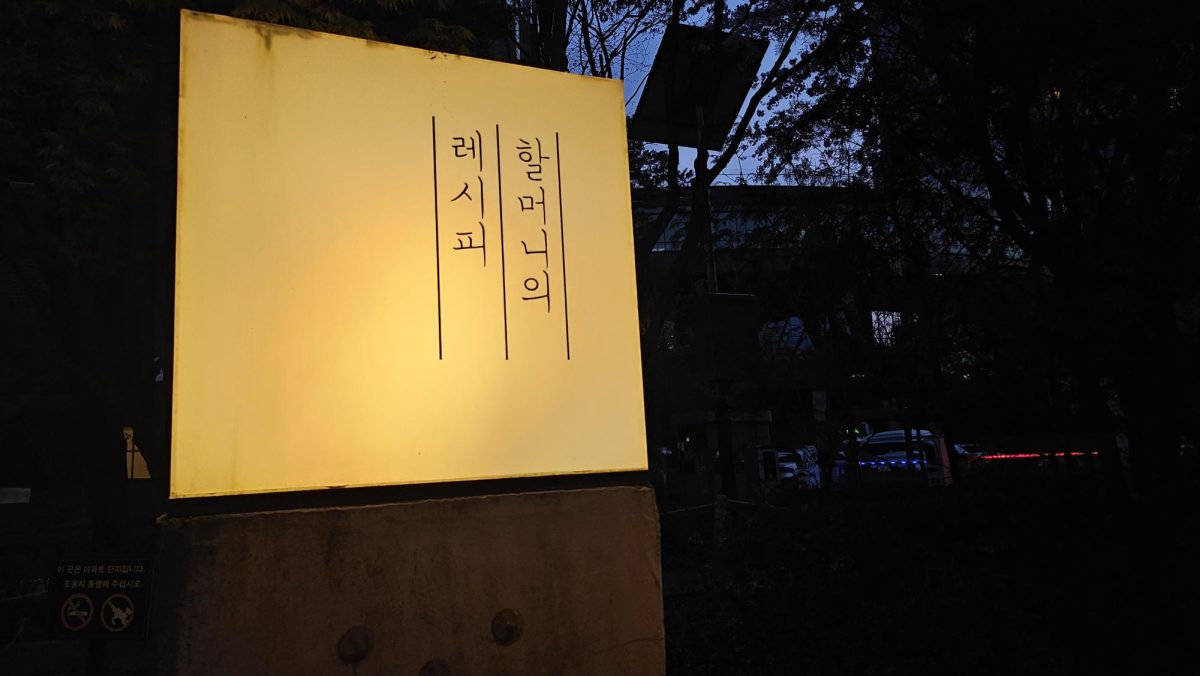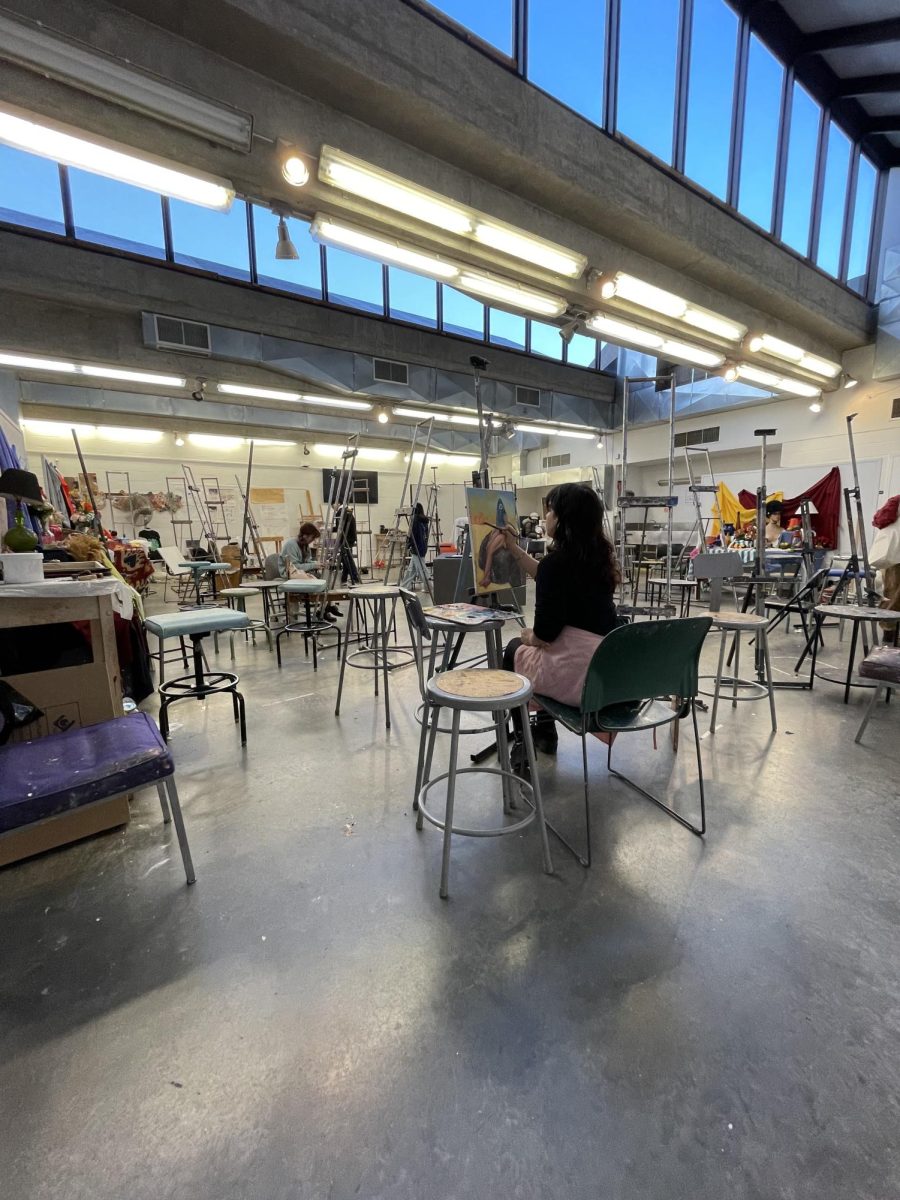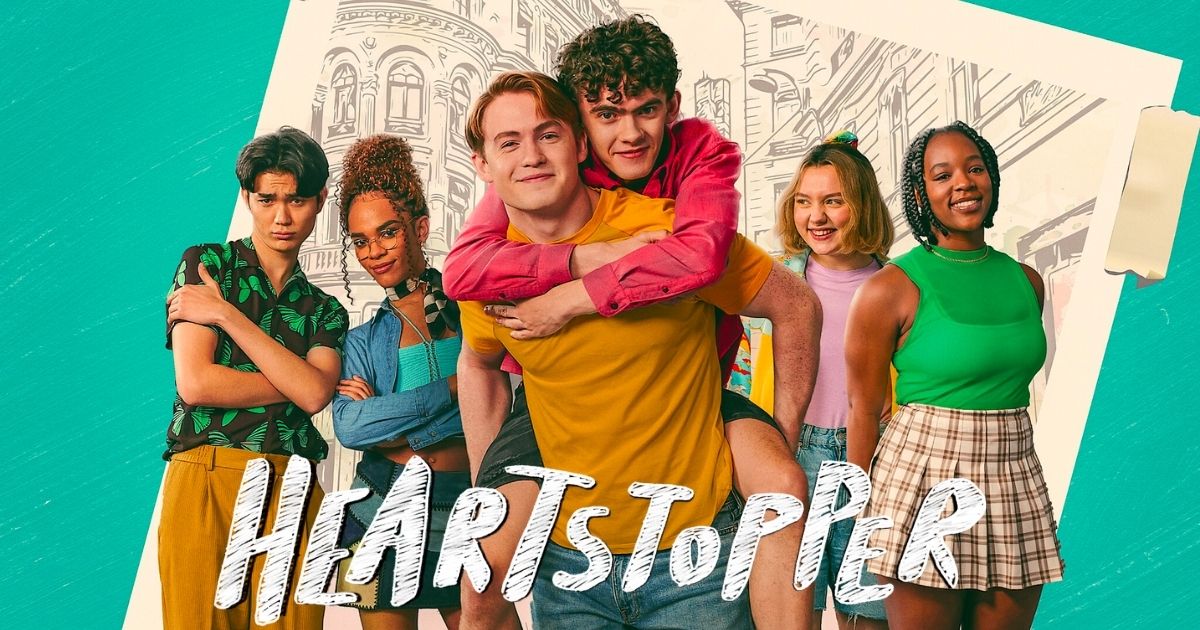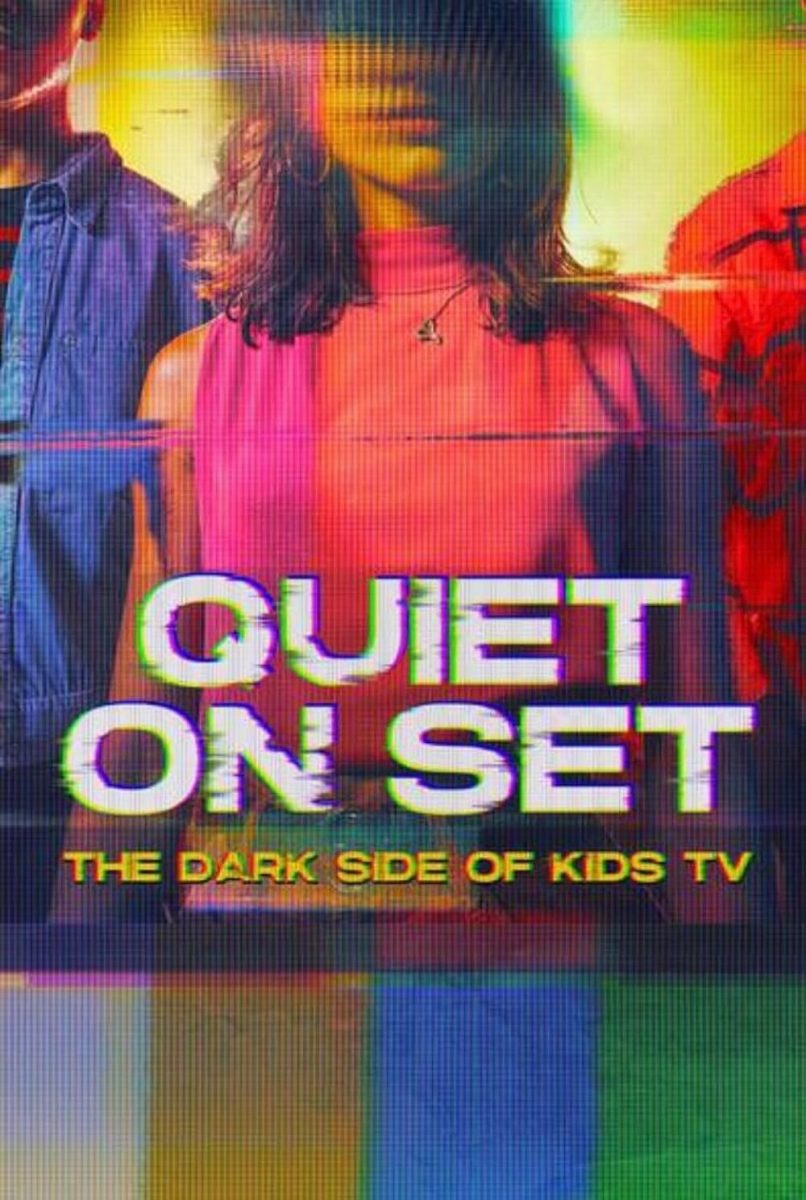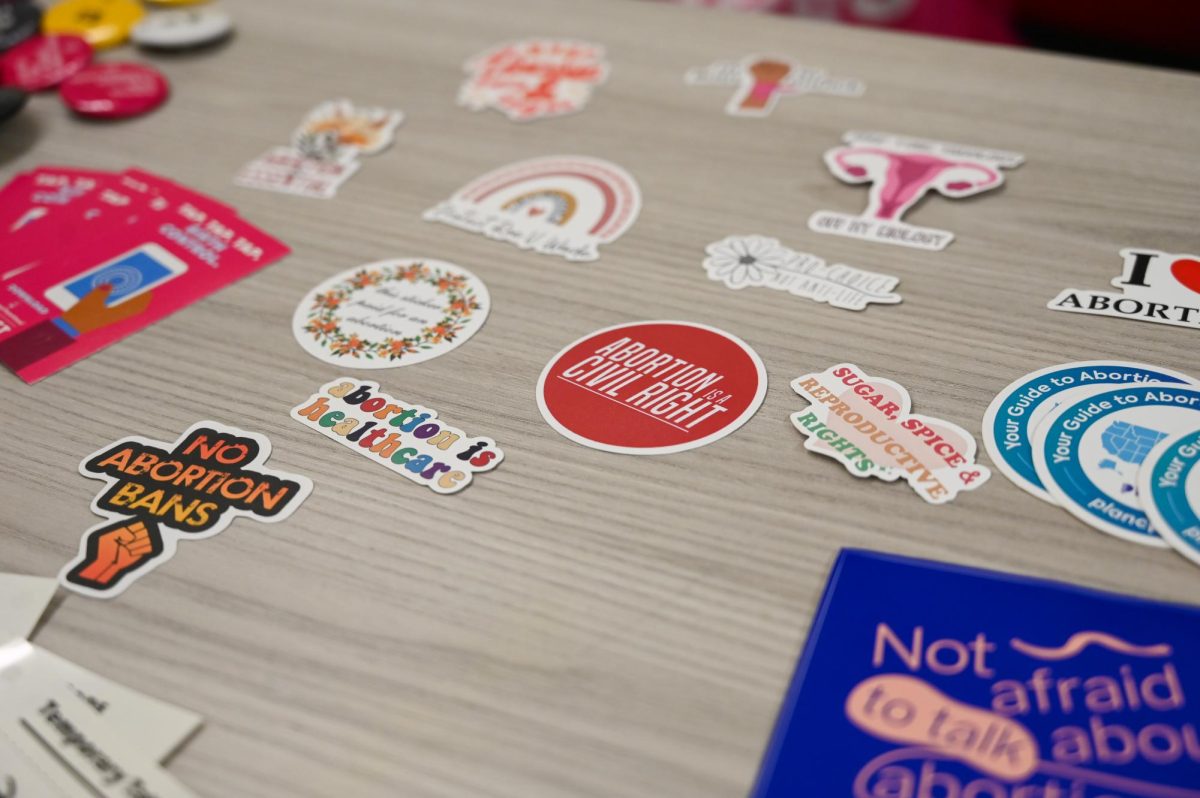
By Maya Brown and Amaya McDonald
After a month of recognizing and celebrating the contributions of black Americans, the Black History Month closing ceremony was held on Wednesday, Feb. 26 in the Sidney Gelber Auditorium. The highlight of the celebration was the positive presence of guest speaker, Korey Wise, a member of the Exonerated Five and a current criminal justice reform advocate.
Hosted by the Black History Month Committee, the closing ceremony began with a showcase of a series of beautiful student performances that highlighted both black history and culture. The ceremony also featured two powerful recitals of spoken word pieces by the first and second place winners of this year’s Spoken Word/Open Mic Contest.
Benjamin Owusu, a junior health sciences major, performed a spoken word piece entitled “Central Park Five: When They See Us,” which was inspired by the Netflix mini-series “When They See Us.” Directed by Ava DuVernay, the series realistically portrays the traumatic and sickening story of the Exonerated Five and spares no detail of the Central Park Five case.
Dr. Jarvis Watson, Assistant Dean for Multicultural Affairs, shared with the audience how he and his wife watched all four episodes of the series the night before the ceremony. “The main thing that kept recurring is, ‘this isn’t fair.’ The other word that came up was ‘dignity,’” he said.
Watson then spoke about how DuVernay was able to tell the boys’ narratives through the eyes of a mother. “But I can smile today, because despite all that happened to some of the people in this room right here, I can rejoice because we’re here together today.”
In April of 1989, Wise was among three other African American boys and one Latino boy, whom were wrongfully convicted of sexual assault and abuse. The five boys — Wise, Kevin Richardson, Antron McCray, Raymond Santana and Yusef Salaam — were imprisoned after being coerced by the NYPD to give false confessions and take the blame for the incident.
Despite the lack of evidence and corroboration between the boys’ confessions, they were still sent to prison– their only crime being the color of their skin.
Even though he was only 16-years-old at the time of the incident, Wise was tried as an adult and was sentenced five to fifteen years in prison. He served about 14 years at Rikers Island, most of his time spent in solitary confinement before he and the rest of the Exonerated Five were found innocent in December 2002.
Regarding solitary confinement, Wise said “It’s not McDonald’s. It’s not the streets. The prison system is like a graveyard. It’s just the system.”
Wise was joined on stage by his lawyer, Vanessa Potkin, who began speaking about the bigger landscape of Wise’s life.
“What we’re starting to see is that for 20 years nothing happened,” she said. “Nobody was ever held responsible, the police, the prosecutors, everybody continued on with their careers. And it was only after “When They See Us” came out. We saw people start to react and kind of demand things.”
When Wise was asked about how he remains so positive after everything that happened to him, he said, “I know who gets my energy and who doesn’t get it. I try not to think about it.”
Since his release, Wise has worked as an activist for prison reform with the Korey Wise Innocence Project, an organization focused on freeing innocent people who have become victims of wrongful imprisonment. “Now our job is to educate heads on the street,” Wise said, comparing his time spent in prison to the “twilight zone.”
Students were also given the opportunity to speak to Wise and ask him questions about his experiences.
One of the experiences discussed was when President Donald Trump took out a full-page advertisement in four New York City newspapers calling to bring the death penalty to New York during the Central Park Five case.
Wise had a lot to say about how both the ad and the general public response affected him while in prison. “When you come in there with an ugly case like that, you are considered to be short eyes. You are considered to be lunch meat,” Wise said.
With charisma, overwhelming love for his home state of New York, and an abundance of positivity, Wise spoke about his trial, Trump and showed his love for 90s hip-hop music.
Despite the tragic nature of the conversation and questions about his life, Wise was still able to inspire the crowd with his story and even made the audience laugh.











